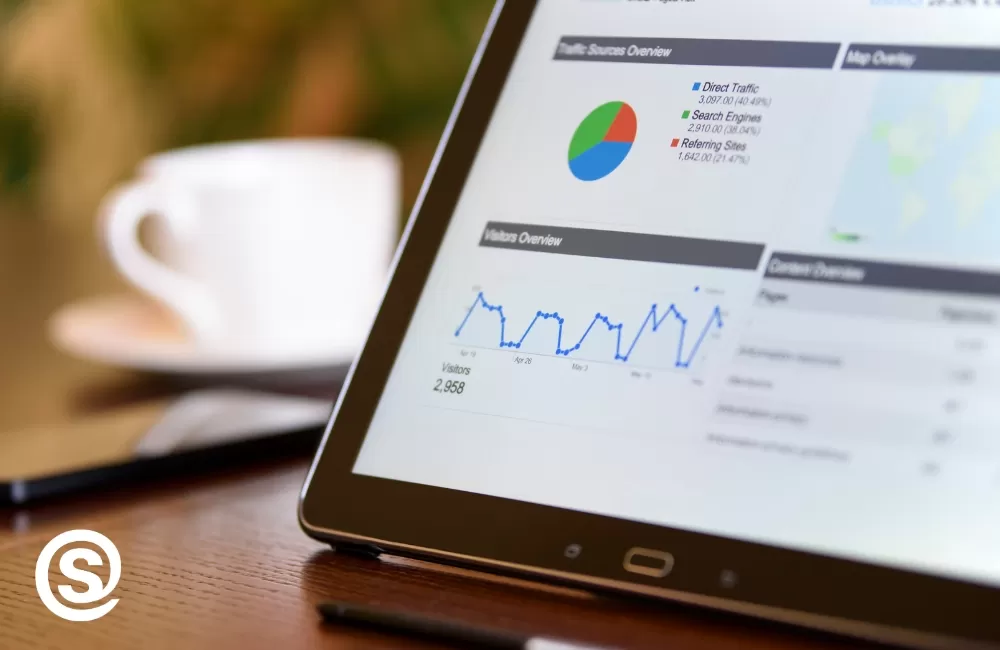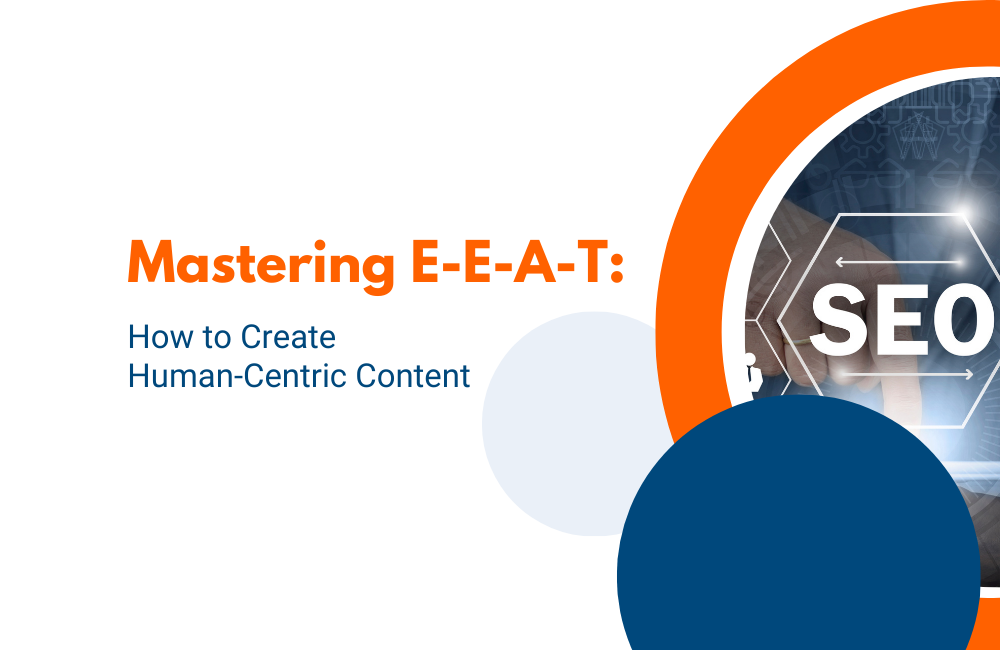The Power of Loop Marketing: How a Unified Strategy Drives Exponential Growth
In the fast-paced world of digital marketing, it can often feel like a series of disconnected sprints, a social media campaign here, an SEO push there, a new ad budget allocated over there. But what if these efforts weren’t just isolated tactics? What if they were part of a single, intelligent, self-optimizing system? This is […]
The Power of Loop Marketing: How a Unified Strategy Drives Exponential Growth Read More »









